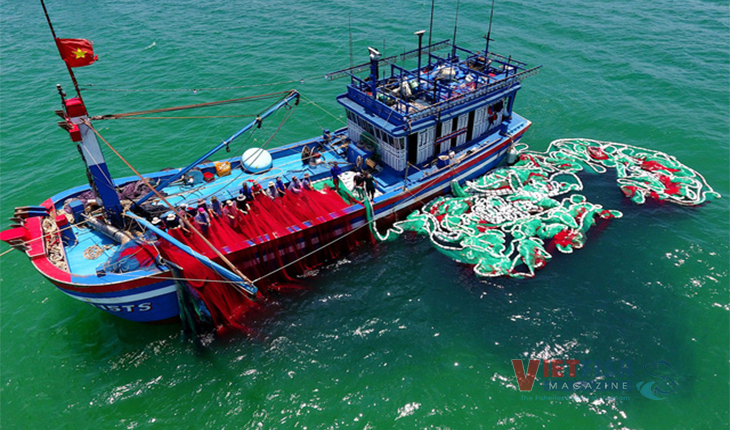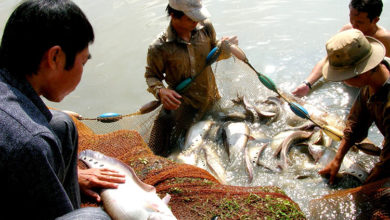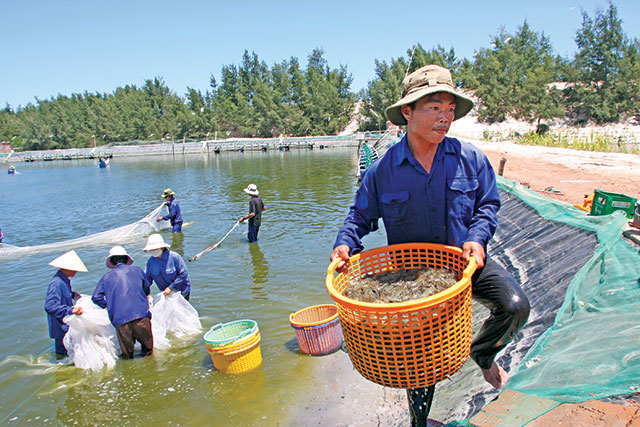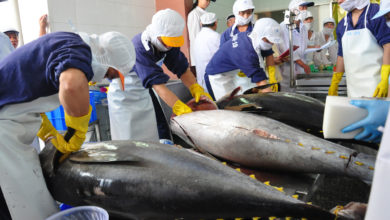Vietnam is aiming for seafood exports of $7.1 billion in 2017, but is also looking to boost domestic pangasius consumption.
The export target, revealed by the Directorate of Fisheries under the Ministry of Agriculture and Rural Development (MARD), would be marginally up on the $7bn seen in 2016. MARD deputy minister Vu Van Tam highlighted the need to create a breakthrough in pangasius consumption in the domestic market of 90 million people. The ministry will organize a large-scale trade fair specializing in pangasius in Hanoi in 2017, said Tam.
For pangasius, attention should be focused on tackling market barriers in import countries and on building a strategy for developing national product of catfish, creating high quality products with strong trademark, said Tam.
Source: Vietnamnet






